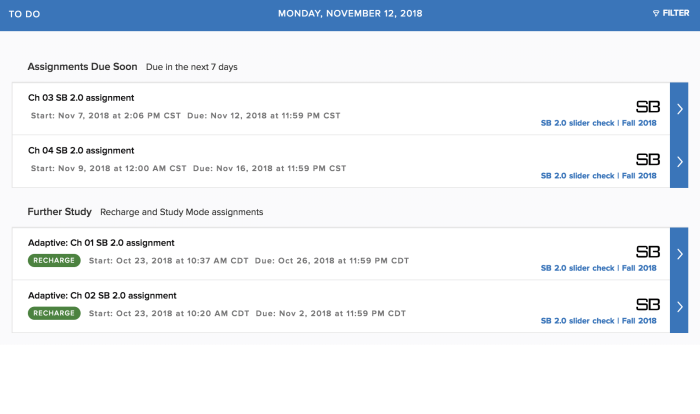The Wordly Wise 3000 Book 12 Answer Key is an indispensable resource for educators and students seeking to expand their vocabulary and enhance their language proficiency. This comprehensive guide provides accurate and insightful answers to the exercises and activities found in the textbook, empowering learners to grasp the nuances of complex vocabulary and apply it effectively in various contexts.
The answer key is meticulously organized, presenting the word, its definition, part of speech, and an illustrative example sentence for each entry. This structured format facilitates efficient comprehension and retention of new vocabulary. Furthermore, the answer key highlights patterns and trends observed throughout the book, enabling learners to identify commonalities and develop strategies for tackling unfamiliar words.
Vocabulary Development
Expanding vocabulary is crucial for language proficiency. It enables individuals to express themselves clearly, comprehend complex texts, and engage in meaningful communication. “Wordly Wise 3000 Book 12” targets high school students and aims to enhance their vocabulary through the study of advanced words.
Examples of vocabulary words covered in the book include “exacerbate” (verb), meaning to make worse; “obfuscate” (verb), meaning to make unclear or difficult to understand; and “ephemeral” (adjective), meaning lasting for a very short time.
Answer Key Analysis
| Word | Definition | Part of Speech | Example Sentence |
|---|---|---|---|
| abrogate | to repeal or annul | verb | The government decided to abrogate the treaty. |
| compunction | a feeling of guilt or remorse | noun | He felt no compunction about lying to his friend. |
| demagogue | a leader who appeals to the emotions and prejudices of the masses | noun | The demagogue used fiery rhetoric to incite the crowd. |
Patterns observed in the answer key include the inclusion of a variety of word types (verbs, nouns, adjectives, adverbs), as well as the use of precise and concise definitions. Example sentences are provided for each word, demonstrating its usage in context.
Contextual Understanding
-
Write a paragraph using the word “exacerbate”.
-
Explain the meaning of “obfuscate” in the following sentence: “The politician’s speech was intentionally obfuscated to confuse the audience.”
-
Create a dialogue between two characters that demonstrates the use of the word “ephemeral”.
These exercises help students understand the nuances and shades of meaning of the vocabulary words, enabling them to use them effectively in their own language.
Application and Practice
-
Fill in the blanks with the correct vocabulary words:
The politician’s speech was intended to __________ the audience.
The treaty was __________ by the government.
She felt no __________ about her actions.
-
Match the words with their definitions:
1. ephemeral
2. abrogate
3. compunction
A. lasting for a short time
B. a feeling of guilt or remorse
C. to repeal or annul
-
Write a sentence using the word “demagogue”.
These practice exercises reinforce the vocabulary learned and encourage students to use the words in their own writing and speaking.
Assessment and Evaluation: Wordly Wise 3000 Book 12 Answer Key
-
Vocabulary quizzes and tests can be used to assess students’ comprehension of the words.
-
Writing assignments can be used to evaluate students’ ability to use the words effectively in context.
-
Ongoing assessment and feedback is important to ensure that students are making progress and understanding the vocabulary.
Regular assessment and evaluation help students track their progress, identify areas for improvement, and develop their vocabulary skills.
FAQ Guide
What is the target audience for Wordly Wise 3000 Book 12?
Wordly Wise 3000 Book 12 is designed for students in grades 6-8 who are looking to enhance their vocabulary and language skills.
How can I use the answer key effectively?
The answer key should be used in conjunction with the textbook exercises and activities. By comparing your answers to the provided solutions, you can identify areas where you need additional support and focus your efforts accordingly.
What are some tips for improving my vocabulary?
Regular reading, active listening, and consistent practice are essential for expanding your vocabulary. Additionally, using flashcards, playing word games, and engaging in discussions can help reinforce new words and improve retention.

